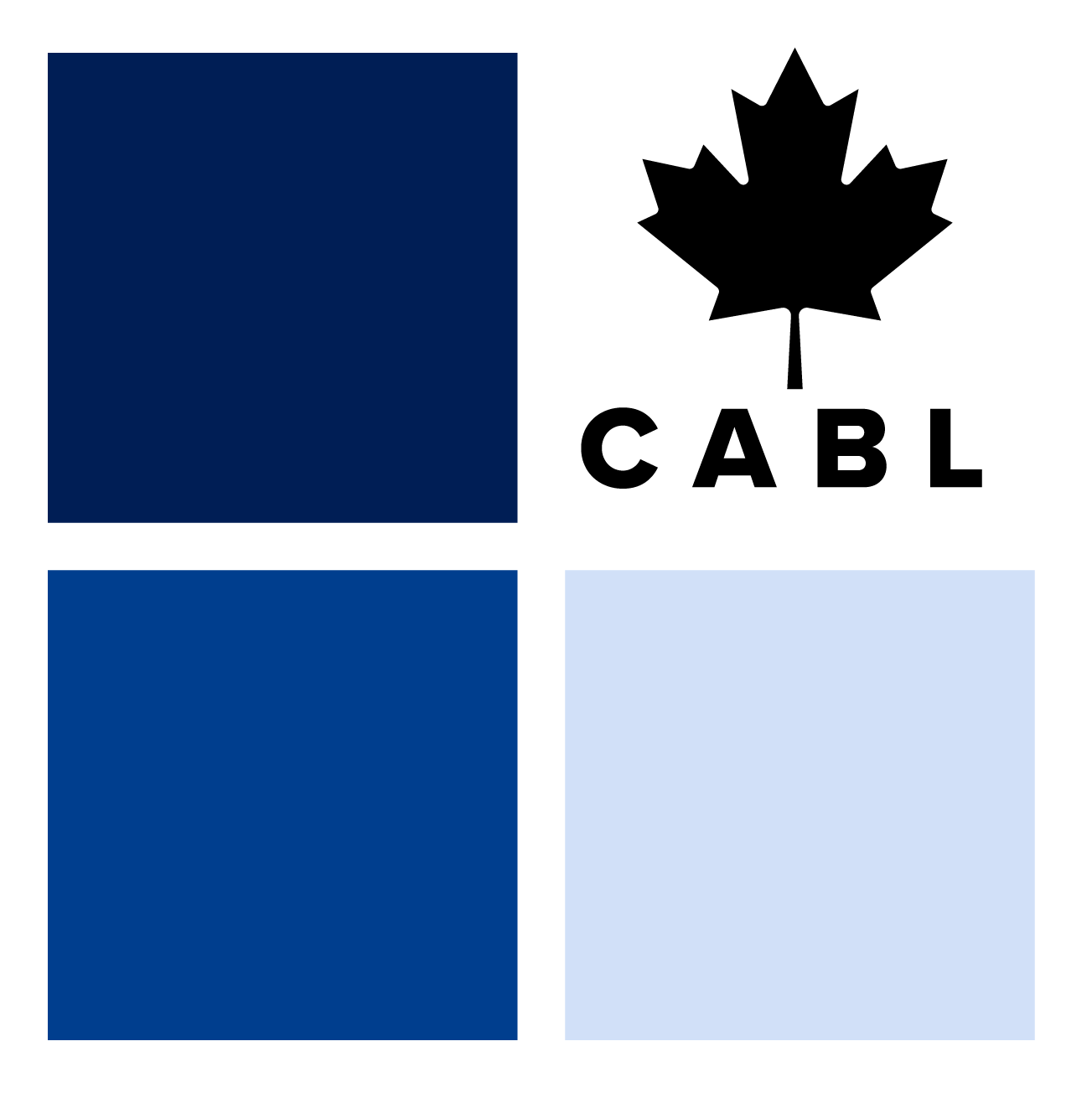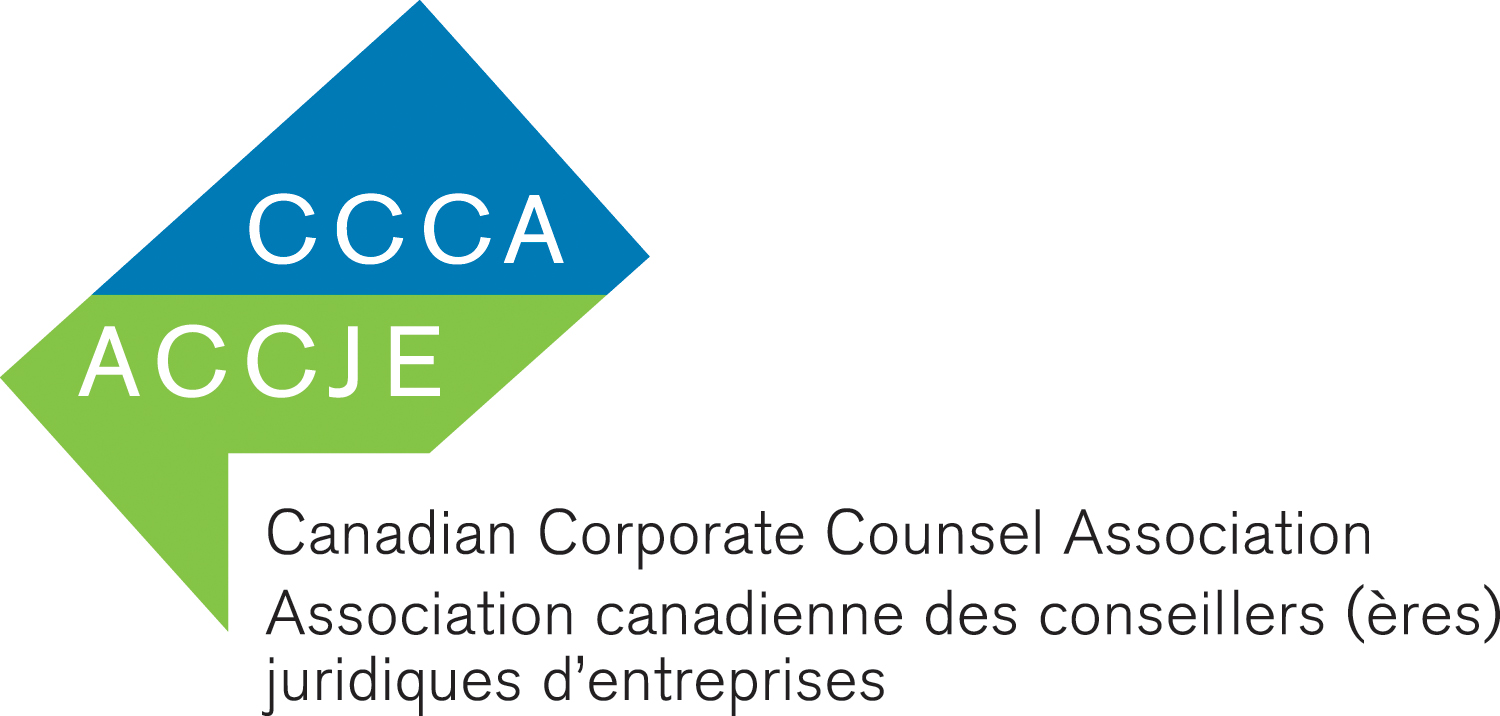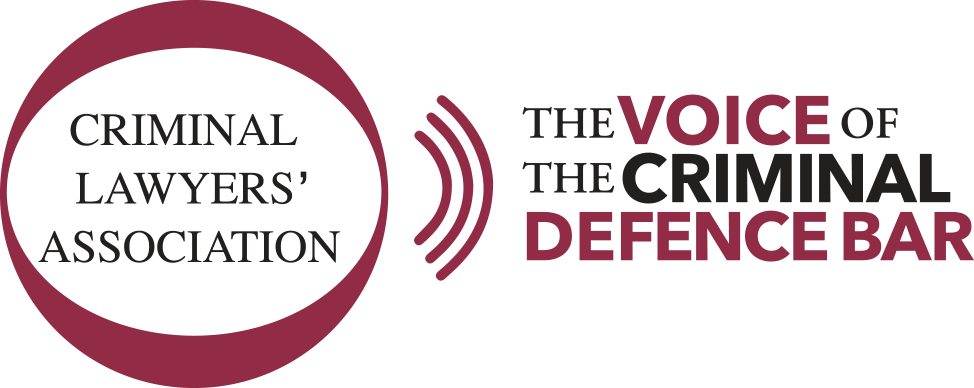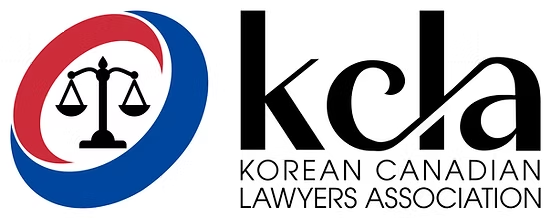
Discover how lawyers' associations in Canada empower lawyers from different locations and practice areas with networking, education, and advocacy

We’ve always heard that “it takes a village to raise a lawyer.” While we tend to equate this saying to supporting law students and those articling, the same is true even after they’ve already reached the bar. As such, after getting licensed, that village would be these lawyers’ associations, which can help and support lawyers in many ways.
In this article, we’ll discuss some associations of lawyers that may be of interest to you. This article is not just for practising lawyers looking for a village to belong to, but also for law students and articling students for future reference.
There are different lawyers’ associations in Canada, which may function differently (or similarly), but whose scope are still national. These associations of lawyers can be categorized into two:
In no particular order, here are some of the lawyers’ associations for your consideration:
This list does not include provincial and territorial law societies that one is legally required to be a part of in the process of becoming a lawyer. We’ll also highlight the regional, provincial, and territorial associations of lawyers in a different article.

If you’re a lawyer working for the Crown or the government, the lawyers’ associations you can join may be limited. One important association you can consider joining is the ACJ.
The AJC serves as the sole bargaining agent for all lawyers and notaries working for or in the government. This organization strengthens the voices of Crown and government lawyers on the issues of their employment and working conditions.
For this, the ACJ currently has a collective bargaining agreement (CBA) with the Treasury Board. This CBA covers all those who are under the Law Practitioner (LP) group in the government. Before its expiry, the organization is set to bargain again for the renewal or amendment of this CBA.
Representation and membership of ACJ
ACJ’s members are Federal Crown Counsel, which can fall in either two main membership categories:
Regular Member: federal lawyers for whom the AJC is the exclusive bargaining agent
Associate Member: former federal lawyers who have since retired, left the public service, or are no longer in a represented LP position
In all, the ACJ acts as the bargaining agent for those who work:
Another advantage of becoming a registered member of this lawyers’ association is that you can send your representation requests through ACJ’s intake forms. This includes cases where there are disputes between you and your employer. In some cases, the ACJ can also provide legal assistance and other forms of support and advice to its members.
Learn about the history of the ACJ with this video:
Looking for other lawyers for networking and support? Check out our Rankings page for Special Reports on the best lawyers in Canada according to practice area and/or province.

Formed in 1996, the CABL supports Black Canadian legal professionals and celebrates their achievements. The CABL accepts members no matter your legal practice, geographic location, ethnicity, and gender identity.
This lawyers’ association can provide you with access to job opportunities, mentorship, and other professional growth opportunities. Some of the other membership benefits of CABL include:
There are a lot of membership options if you want to become a member of the CABL:
Lawyer: membership fee depends on the year of call to the bar: 6+ years is at $150/year; 3-5 years is at $125/year; 0-2 years is at $100
Solo Practitioner: for lawyers in the solo practice, but with up to five years post call; with a $75/year membership fee
Lifetime: with a one-time $2,000 membership fee
Academic, Non-Practicing or Management: if you do not qualify for any other membership options; with a $150/year membership fee
Law students and articling students are also welcome to join the CABL.

The CBA is national lawyers’ association that welcomes and represents the different Canadian legal professionals, such as lawyers, judges, notaries, law teachers and law students. As the “voice of Canada’s legal profession,” the CBA passionately advocates for its members in the different areas of the justice system.
Aside from representing lawyers, nationally and internationally, its other goals include:
Each province and territory have their own CBA branch (e.g., Ontario Bar Association). When you become a member of this lawyers’ association, you can avail the different services and benefits offered by CBA’s provincial or territorial branch. In other words, while the membership is national in character, membership benefits are acquired through the branch where you belong to.
Aside from several opportunities for networking, fellowship, and advocacy work, here are just some of the benefits when you’re joining the CBA:
access to legal resources: there are many publications (e.g., journals, magazines, podcasts, practice toolkits, online articles) and other resources that are offered by CBA that you can join in and/or access to
continuing legal education: aside from the specialized CPD programs for your practice area in your CBA branch, the CBA offers a lot of opportunities for growth through in-person and online webinars, conferences, etc.
discounts on products: with its partnership with many legal and support providers, you can get members-only savings, both from personal and professional services and products
lawyer directories: you can be featured in CBA’s directory of lawyers, as found on their website and accessed by the public
Here’s an episode of CL Talk, our very own podcast, which featured Lynne Vicars, the 2024-2025 President of the CBA:
Head over to our CL Talk page for more podcasts on interesting topics concerning the legal profession today.
Joining the CBA is as easy as creating an account with their website and paying the required membership fee. The fee, including the benefits, will depend on membership category that is appropriate for you:
New Lawyers: for lawyers who have just been recently called to bar, specifically around three years at the time of the application
Regular: for lawyers, Québec notaries, judges, and law professors with recognized Canadian law degrees who are working in Canadian law schools
Associate: for lawyers who are in good standing with their regulatory body outside Canada, with proof of international designation, but are not eligible to become a CBA member under any other category
Retired: those who are aged 60 years or more, or have been members of the bar or law society in good standing for 20 years or more, and who have retired
Scholar: while they’re eligible under another membership category, those who are currently studying full-time graduate legal studies for admission to another Canadian law society
Non-Practicing: when accorded as such status by their own provincial or territorial Canadian law society
Part-Time: only when recognized by the following law societies: Alberta Law Society, Law Society of British Columbia, and Law Society of Ontario
Students: those enrolled in legal studies in recognized Canadian and foreign law schools
Articling and Bar Admission Students: those who are articling with a Canadian law firm or enrolled in a law society’s bar admissions course
Regular members need to pay the standard CBA membership fees. However, for all other categories, their rates are discounted accordingly.

The CCCA is the in-house counsel division of the CBA; lawyers across Canada who work as in-house counsels are welcome to join this lawyers’ association. At no additional fee, your CBA membership entitles you to CCCA regular membership.
There are two categories of CCCA membership that you can choose from:
Regular: if you’re a regular member of the CBA and are employed as an in-house counsel of a corporation (private, Crown, or municipal), business enterprise, association, institution, not-for-profit organization, or government body
Associate: although you’re a Regular, Associate, or Affiliate member of the CBA, you work in a private law firm, rather than as an in-house counsel
In addition to your benefits as a CBA member, your CCCA membership can also allow you to join the Business Leadership Program for In-House Counsel. Done in conjunction with Rotman School of Management, this program helps you become a Certified In-House Counsel – Canada (CIC.C).
Know more about the CCCA with this video:
Lawyers can also learn from other lawyers. Visit our Practice Management page for resources from different lawyers on handling one’s own legal practice.

The CDL is the national lawyers’ association that represents and is made up of civil defence lawyers. This includes acting for the defence in personal injury or torts cases, as well as in family law cases.
With the CDL, you can gain access to targeted continuing legal education (CLEs) made for civil defence lawyers, plus other networking opportunities with lawyers in the legal field. The CDL also offers professional and business development resources once you become a member.
The CDL also conducts advocacy works for the public, especially on issues affecting the civil defence bar.
You can choose from several membership types if you’re interested in joining the CDL:
Lawyer Membership: for licensed civil defence lawyers who are actively practicing law in Canada
Articling Student Membership: for students who are still completing their articling year
Affiliate Membership: for non-lawyers but wish to support CDL’s mission and be part of their community
Emeritus Membership: honorary membership for former members who made exceptional contributions to CDL and the civil defence bar
Non-Member Registration: for individuals who want to stay informed about CDL events without committing to membership
Articling Students can access discounted rates and resources when joining the CDL, while the Affiliate, Emeritus, Non-Member requires no membership cost.
Here’s a summary of the membership cost you’ll have to pay when applying for CDL membership:
The benefits that you’ll be receiving from the CDL will depend on these membership types. In addition to the opportunities based on your membership type, you can also avail yourself of CLE resources from the CDL. These CLEs are specially made for those who are in the field of civil defence.
Here are some of these annual or regular CLEs by the CDL:
If you missed any CLE opportunities, you could purchase its program recordings, and it will be sent to your registered email address.

If you’re a criminal defence lawyer practising in Canada, then you may also want to join the CLA. This association of lawyers primarily accepts lawyers from Ontario (as regular members). However, the CLA also accepts lawyers from the other provinces and territories (as associate members).
As a specific association for criminal defence lawyers, its services and benefits are highly tailored to lawyers in this practice area. The services they render include:
providing educational venues and resources to those practising criminal litigation, including CPD programs
advisory and advocacy work in the field of criminal justice and civil liberties before the legislative and judiciary
Check out our article on the different criminal lawyers’ associations in Canada, where we’ve also discussed extensively what the CLA is about and how to become a member.

As lawyers are members of the provincial and territorial law societies, they can also benefit from the several services of the FLSC. This is the national body in which these law societies collaborate for different purposes, including:
development and harmonization of the rules of conduct and standards for lawyers, such as the Model Code of Professional Conduct, which is the basis for the codes of conduct of the different law societies
undertaking certain initiatives as identified by the different law societies, which are better carried out at the national level
sharing of information to ensure law societies are up to date, not just on the new laws, but also on important legal trends and issues
serves as the law societies’ voice, nationally and internationally, on important issues related to the regulation and core values of the legal profession
offering continuing legal education for lawyers’ CPD requirements (e.g., National Criminal Law Program and National Family Law Program)
facilitating the cross-border movements of lawyers, such as the mobility of lawyers among provinces and territories under the National Mobility Agreement
certifying internationally educated lawyers and law graduates to practise law in Canada through the National Committee on Accreditation (NCA)
Not really a law association where one must be a member of through active application, the FLSC still provides several educational and advocacy benefits for Canadian lawyers.

If you’re an Indigenous lawyer or other related legal professional, then joining the IBA is another opportunity you may want to pursue. It’s a not-for-profit lawyers’ association whose goals are to:
To become a member of the IBA, you’ll just have to fill out their membership form and pay the fees. Practising lawyers can either register under its Regular IBA Membership or the Regular IBA Membership (Exempt) category.

ITLNCA NetworkS is an umbrella lawyers’ association if you are an Internationally Trained Lawyers (ITLs) or an NCA candidate — hence the ITLNCA name. Its goal is to help you explore your professional opportunities in Canada. This includes helping you in your NCA licensing processes or when you’re looking for a job.
The network is made up of several organizations, such as the:
If you’re an ITL or an NCA candidate, you can become a member of the network with a minimal fee of $30.

KCLA is the lawyers’ association if you identify as a Korean Canadian. It welcomes members across Canada, including practicing and non-practicing lawyers, articling students, law students, and other legal professionals. Whether you’re working in private practice or in the government, you can join the KCLA.
This organization, which was founded in 1997, is the voice of Korean Canadian lawyers, and even the Korean community in general. Aside from this advocacy work, the KCLA organizes a variety of events, such as:
Lawyer-members can benefit from KCLA’s programs for networking, support, mentoring, and even their client referral mailing list.

The NCA is a body working within the FLSC. It assesses if a foreign lawyer or a graduate of a Canadian civil law program can practice law in the country’s common law jurisdictions.
Its main roles are to:
While it’s not really a lawyers’ association where one becomes a member of, the NCA is still an important body of the legal profession.

An association of lawyers specific to a particular practice area is the SLA. Those who can register with the SLA are either American or Canadian sports lawyers. As members, sports lawyers can access SLA’s legal resources, both through its in-person or online events, including their publications and newsletters.
Our article on sports lawyers’ associations in Canada explains more about the SLA, and other bodies specifically for sports lawyers.
In a profession which seems to be hostile and aggravating, a lawyers’ association can be a haven for those who are seeking legal support and professional growth. Lawyers don’t have to be alone in their journey in the profession, which is why these associations of lawyers are there for. These villages are always open; one just needs to find them, reach out, and see where they belong to.
Bookmark our Professional Regulation page for regular resources about these lawyers’ associations, and more.